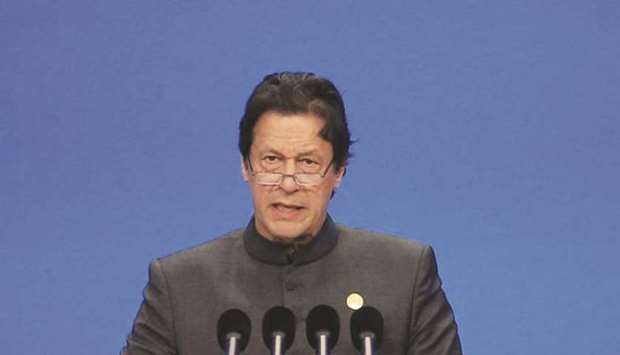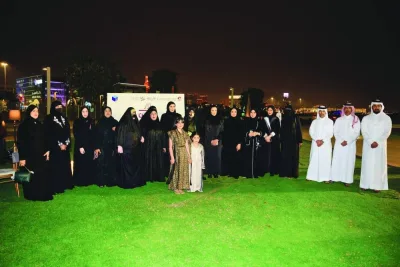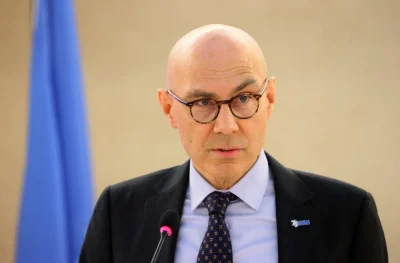Remittances from Pakistani workers employed abroad hit the highest level for a single month in July, officials said yesterday, increasing 36.5% year on year, mostly thanks to less spending on Haj pilgrimages because of the coronavirus pandemic.
The global economic slowdown had raised fears that remittances, key to Pakistan’s foreign exchange reserves, would decline given falling employment in countries from where most of the money is sent — particularly Saudi Arabia and United Arab Emirates.
But July remittances rose to $2.768bn, the State Bank of Pakistan (SBP) said, adding the increase was up 12.2% from June, when remittance numbers were also high.
“More good news for Pakistan economy,” Prime Minister Imran Khan tweeted. “Remittances from overseas Pakistanis reached $2,768mn in July 2020, highest ever amount in one month in the history of Pakistan.”
Remittances from Saudi Arabia in July amounted to $821.6mn, the United Arab Emirates $538.2mn, the United Kingdom $393.9mn and the US $250.6mn.
“Given the impact of Covid-19 globally, this increase in workers remittance is encouraging,” Pakistan’s central bank said in a statement.
It added that the growth rate compared to the same month in 2019 was around twice as high because of decreased spending over the Eid al-Adha season.
“Not much cash movement on flights or Haj and Umrah pilgrimages has taken place this year. This trend can continue for some months, which is a positive development for the economy,” Saad Hashemy, executive director BMA Capital Management, told Reuters.
Pakistan has opened all sectors of the economy in a bid to revive its hard-hit economy.
The country has reported 289,215 positive Covid-19 cases of which 269,087 have recovered, with 6,175 deaths.
The State Bank of Pakistan pointed out that several factors have likely supported the growth in remittances to date, including orderly exchange rate conditions and policy steps taken by the state bank and the federal government under the Pakistan Remittance Initiative and reducing the threshold for eligible transactions from $200 to $100 under the Reimbursement of Telegraphic Transfer (TT) Charges Scheme, an increased push towards adoption of digital channels, and targeted marketing campaigns to promote formal channels for sending remittances.
Meanwhile, Zulfi Bukhari, special assistant to the prime minister for Overseas Pakistanis and Human Resources, said the government has decided to provide a digital banking facility to overseas Pakistanis
Bukhari disclosed overseas Pakistanis will now be able to make direct banking payments and investments in the country.
He said the government is giving the Pakistani overseas community a great opportunity to invest in the country. The initiative would allow overseas Pakistanis to operate all the banking functions without coming to Pakistan.
The government wants to make the overseas Pakistani community a key stakeholder in the country’s development, he added.
Bukhari said the digital banking facility was a long-standing demand of overseas Pakistanis. This plan has been prepared according to the vision of Prime Minister Imran Khan, he added.
As part of the measures to facilitate the digital payments mechanism, the State Bank of Pakistan has decided to introduce a new system to enable companies in the country to make instant payments for acquiring digital services from the globally recognised digital service providers.
In a statement, the state bank said now the local companies can access various services from these global companies instantly without any regulatory approval process.

Imran Khan


